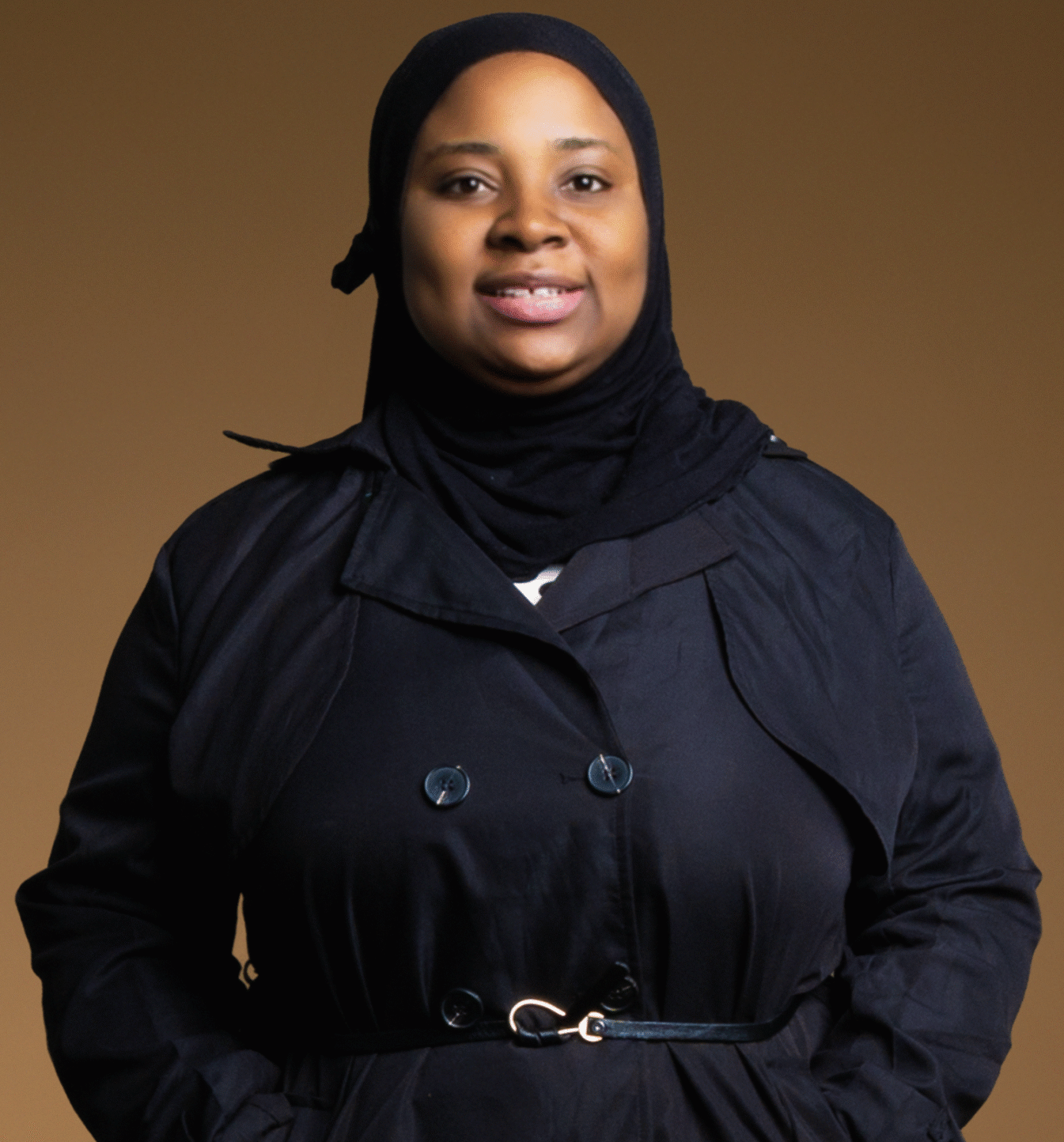Balancing eldercare with daily responsibilities is an increasingly complex challenge, particularly within Black communities. Many families grapple with the demanding responsibilities of caring for elderly loved ones while managing their personal and professional lives. This juggling act often strains resources and impacts overall well-being.
Family caregiving traditions are strong in Black communities. This means that the pressure is even greater, leading to heightened stress and a pressing need for additional support systems.
The Cultural Tradition of Family Care
In many cultures, particularly within African and Asian communities, it is customary to care for elderly family members at home, relying on relatives rather than external caregivers. Traditionally, family members take turns with responsibilities such as bathing, feeding, and providing companionship.
However, despite being deeply rooted in cultural values, this approach can be physically and mentally exhausting for those involved. The most common challenges of family-based care are:
- Lack of Formal Training: Family members may struggle with essential tasks like safely lifting loved ones, managing medications, or identifying when professional medical help is needed. Despite their best intentions, the lack of formal medical training can unintentionally result in harm.
- Physical, Emotional, and Financial Stress: The demands of caregiving can introduce tension and strain within the family, affecting relationships and disrupting overall dynamics. As resources become stretched thin, personal well-being often suffers.
- Caregiver Burnout: This burnout manifests as diminished motivation and psychological exhaustion, ultimately impacting the quality of care.
Adapting Tradition to Modern Realities
Family caregiving is a valued tradition, deeply rooted in respect and duty. However, as life becomes more complex, balancing these traditional roles with modern responsibilities presents significant challenges.
Today’s caregivers juggle a range of tasks. Beyond basic care, they must manage medical needs, navigate healthcare systems, and deal with the emotional strain of continuous caregiving. These growing demands can overwhelm caregivers, making it difficult to care for themselves while staying true to their cultural responsibilities.
To help manage these challenges, it’s essential to combine modern support systems with traditional caregiving. Home care services offer a practical solution by providing professional help that complements the personal care of family members. These services cover everything from medical assistance and personal care to respite relief, allowing caregivers to focus on their own health and well-being.
This approach eases the burden on caregivers and ensures that their loved ones receive the best possible care, while still honoring cherished traditions. By combining cultural traditions with modern support, families can find a more balanced and sustainable way to care for their loved ones. Adopting this balance helps families navigate today’s challenges while preserving their cultural values, leading to a more manageable and fulfilling caregiving experience.
Why Home Care Services Matter
Home care services are vital for delivering providing compassionate, professional care to those who need it most. They offer personalized support that allows individuals to remain in their own homes and ease the strain on family caregivers. Here’s how they help:
1. Personal Care:
Home care services offer assistance with daily living activities such as bathing, dressing, and grooming. This support ensures that individuals maintain their hygiene and comfort while allowing family members to focus on their well-being.
2. Medical Support:
Skilled home care professionals provide medical care, including administering medications, managing chronic conditions, and performing wound care. This support helps maintain the individual’s health and ensures that medical needs are met without placing additional strain on family caregivers.
3. Respite Care:
Respite care offers temporary relief for primary caregivers, allowing them to take breaks and attend to their own needs. This service can be scheduled on a short-term or periodic basis, helping to reduce caregiver stress and prevent burnout.
By integrating these services, families can continue to honour their cultural traditions while ensuring that they and their loved ones receive the necessary support. The balance between traditional caregiving and professional home care can enhance the quality of life for both caregivers and those they care for, ensuring that the needs of both are met with compassion and respect.
If you’re worried about breaking tradition by hiring outside help, think of home care as an extension of the care you already provide. It’s essential to build a relationship with the caregiver based on trust and respect, ensuring they understand and honour your family’s cultural practices and preferences.
How to Access Home Care Services
When searching for home care services in Alberta, Alberta Health Services is an excellent resource to begin with. As long as you have a referral from your family doctor, these services are typically free for Alberta residents. You can find more information and resources online, and if you need more extensive care, private home care providers are also an option.
Alberta Health Services offers free home care for residents, but there are also private options if you can afford them. Private insurance might cover extra services as well. It’s a good idea to explore all these options to find the best fit for your family’s needs.
In conclusion, caring for your loved one at home is both admirable and often deeply meaningful. However, it’s important to recognize the challenges that come with it. When you incorporate home care services, you can ensure your loved one receives the best care while also taking care of yourself. Even a few hours of professional help can make a big difference, helping you maintain a healthy balance in your life.













